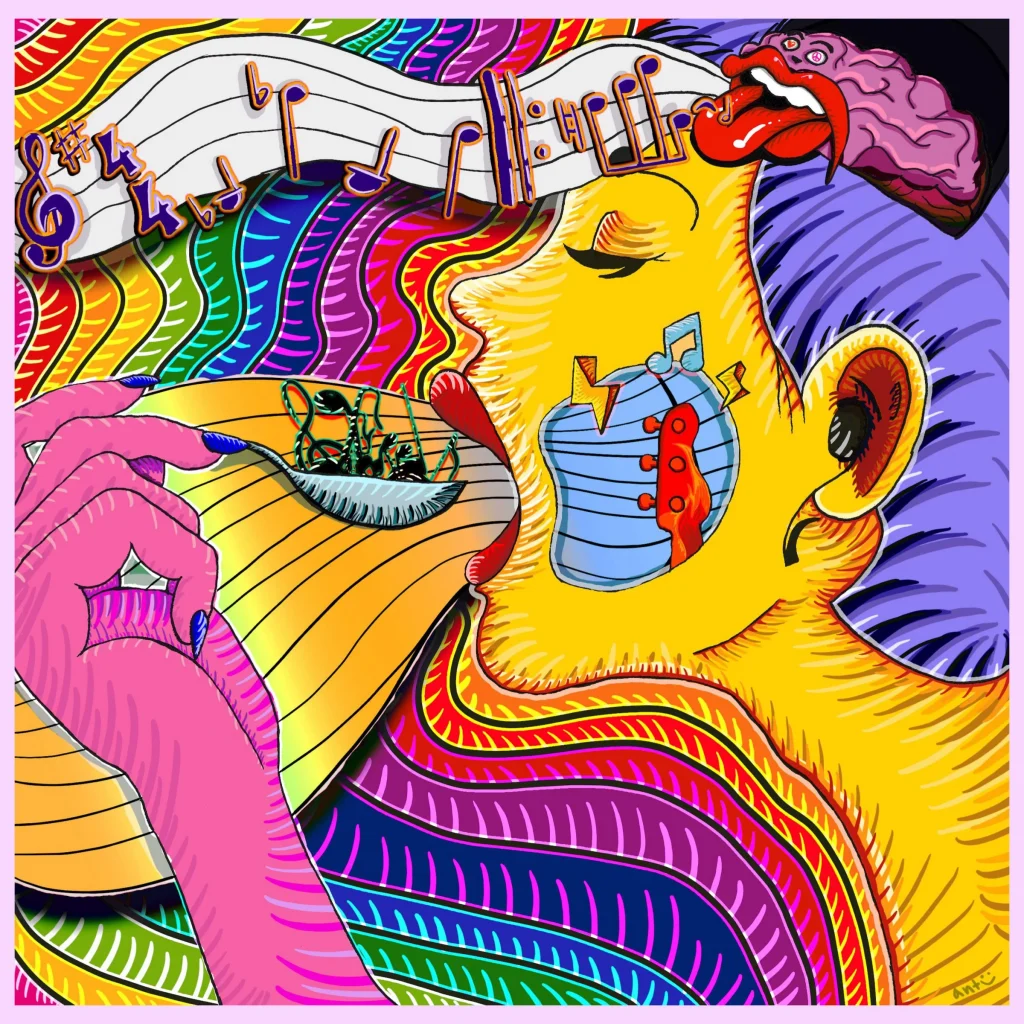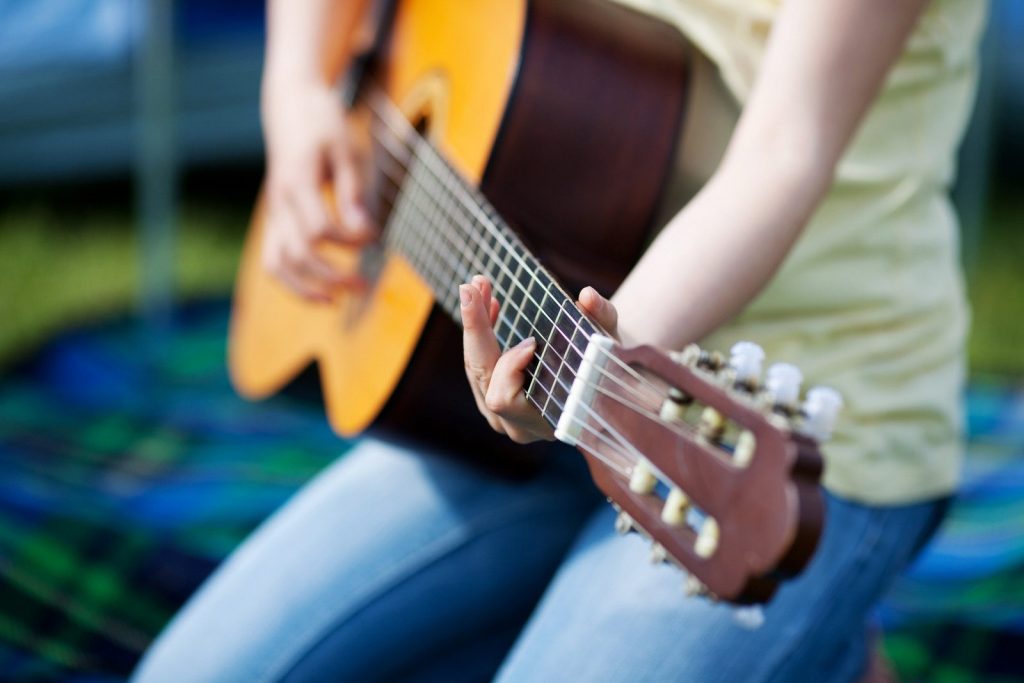Singing came first, speech came later!
This conclusion was made by the Spanish scholar, folklorist and novelist, Federico Garcia Lorca. And it should be noted that this conclusion was fully scientifically substantiated, and not put forward as a theory. In his opinion, singing played no less important role in the development of mankind than other aspects of evolution, as it made it possible to express one’s emotions, was a way of exchanging information and uniting in groups.
The ability to express emotions and feelings with the help of voice can be best realized and developed by attending vocal classes. If you learn to express your inner state with the help of your voice, a person receives an effective, affordable and free tool not only for the possibility of self-expression, but also for relieving internal stress and even restoring the correct functioning of internal organs.
 Such great minds as Plato, Aristotle and Pythagoras pointed out in their treatises the healing power of music. In their opinion, music not only eliminates the violation of harmony in the human body, but is also the fundamental order in the universe. Sound is the basis of the universe. Therefore, the components of music – rhythm and melody – are able to influence the emotional state of a person, and the state of his body.
Such great minds as Plato, Aristotle and Pythagoras pointed out in their treatises the healing power of music. In their opinion, music not only eliminates the violation of harmony in the human body, but is also the fundamental order in the universe. Sound is the basis of the universe. Therefore, the components of music – rhythm and melody – are able to influence the emotional state of a person, and the state of his body.
The ethics of Pythagoras contains such a concept as “eurythmy” – the ability of people to find the right rhythm in each of the types of life:
- in games
- gestures,
- behavior
- deeds,
- in thoughts,
- in speech
- at birth
- at death’s door.
Man is considered as a kind of micro-universe, with its own structure. And if you find the right rhythm, you can connect to the rhythm of the universe. Vocal training in the time of Pythagoras was very popular. Pythagoras is known as a philosopher who compared the life of society to musical instruments.
Democritus also believed that music and singing helped to cure headaches and other ailments. For the treatment of infections, he advised listening to the flute.
Music therapy is actively used in modern medicine. But vocals have the most effective effect on the state of our body. How this happens, read the next article of our vocal school.
Stage vocals. What kind of art. How is it different from other types of vocals
As it becomes clear from the name itself, pop vocals are directly related to pop music. Of all types of vocals, it is the most popular and widespread. It has many shades, a different palette of images, combines various directions and styles.
Pop vocal styles
Pop vocals include:
- modern author’s songs,
- chanson,
- rock songs,
- folk tunes in modern arrangements,
- jazz pieces, etc.
Pop vocal training
Pop vocal courses provide an opportunity to demonstrate the abilities of a beginner or already experienced vocalist through a huge palette of vocal techniques. Present any song in the desired dramatic performance. There are many examples and we meet them all the time in everyday life: old folk songs in an interesting modern arrangement, the performance of famous rock compositions in a softer pop style, etc. In such a “remake”, songs that used to have a narrow circle of fans become mega hits.
Pop vocal is a fairly flexible genre of vocal art, which you can learn at the vocal school in Kyiv. Pop vocal lessons will allow you to demonstrate your voice and artistic abilities from the most attractive side. Our vocal teachers know the techniques by which you can sing the same song in different ways, so as to focus on the strengths and zest of any person’s voice.

Emphasis on voice
Some believe that pop vocals are a kind of academic vocals and should not be singled out as a separate genre of art. That modern technologies and professional musical equipment make it possible to record a fantastically beautiful soundtrack, even if a person sings, who, as they say, “a bear stepped on his ear.”
Of course, in its practice, our vocal school uses various sound effects when recording songs, as it cooperates with the best recording studios. This is an integral part of pop vocals. But still, the main emphasis of vocal training is on the development of the voice.
Vocal lessons include:
- chants and various exercises for the development of the vocal apparatus,
- classes for the development of diction and articulation,
- exercises to expand the vocal range,
- study of vocal techniques.
We use both traditional methods and author’s programs, and this gives an excellent result, an example of which is the achievements of our students.
